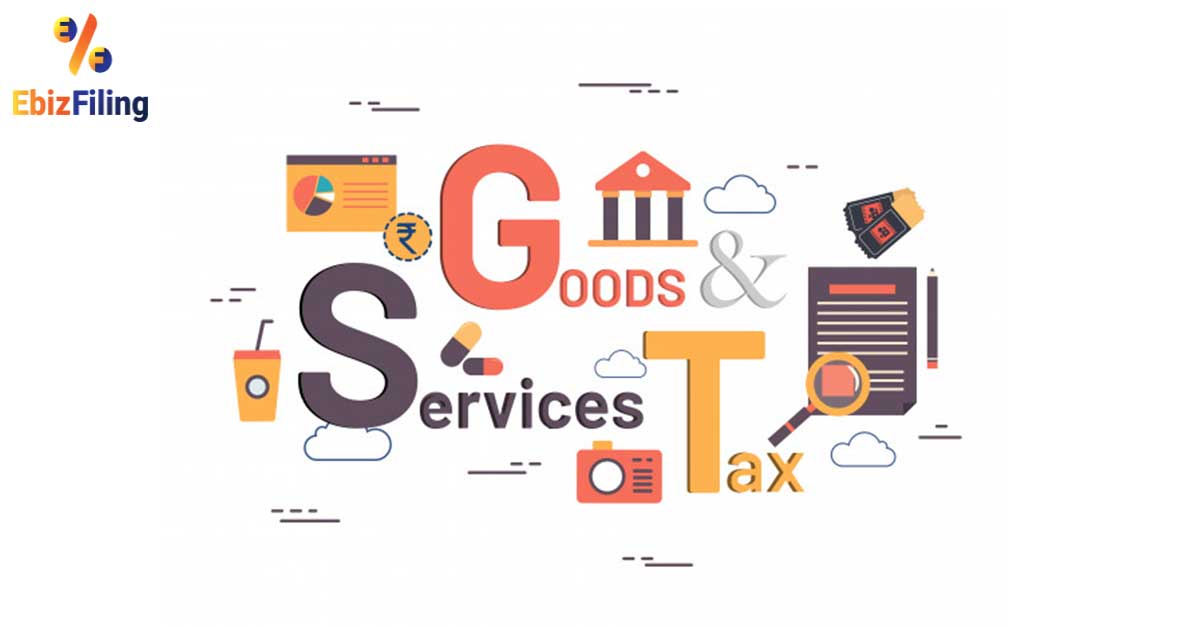Taking Full Advantage Of Tax Obligation Performance: Specialist Tips on Navigating the GST Enrollment Labyrinth for Small Companies
Browsing the elaborate landscape of Item and Provider Tax (GST) enrollment can be a labyrinthine job for little companies aiming to maximize their tax efficiency. Recognizing the eligibility criteria, thorough paperwork needs, calculated timing factors to consider, and skilled registration procedure ideas can dramatically impact a firm's financial standing. Compliance with GST policies is vital, and adhering to finest practices can streamline procedures and protect against prospective risks. In this discussion, we will certainly discover expert insights and workable suggestions that can empower tiny organizations to navigate the GST registration maze effectively and maximize their tax performance.
Qualification Requirements
Eligibility needs for Local business GST Registration incorporate specific criteria that companies should satisfy to abide by tax policies. To get approved for GST registration, an organization should have a yearly turn over surpassing the limit set by the tax obligation authorities, which differs by country. Furthermore, services associated with inter-state supply of solutions or products, or those marketing products online, may be needed to register for GST, regardless of their turn over. It is vital for businesses to accurately establish their qualification based on these turn over thresholds to avoid penalties for non-compliance. Singapore GST Registration.

Documentation Needs
The required documents usually includes proof of business registration or address, identity and unification proofs of the service owner, photos, financial institution account information, and evidence of the major area of company. In addition, companies require to provide details of their organization activities, including the solutions or items supplied.
Keeping all needed paperwork arranged and easily obtainable can enhance the registration process and help organizations abide with the needs successfully. Thorough attention to detail and adherence to the documentation guidelines are crucial for an visit homepage effective GST enrollment procedure for small companies.
Timing Factors To Consider
Taking into consideration the essential paperwork needs have actually been carefully addressed, the following vital element for small companies starting the GST registration procedure is the critical monitoring read this of timing considerations. Timing plays a pivotal duty in GST registration, influencing not only compliance but likewise economic facets of the organization. Local business need to very carefully prepare the timing of their GST registration to optimize advantages and lessen possible threats.

Furthermore, organizations ought to align the timing of their GST registration with their operational preparedness. Appropriate preparation, such as upgrading bookkeeping systems and training team, is vital to perfectly incorporate GST requirements into everyday operations. By strategically handling timing considerations, small companies can browse the GST enrollment process successfully and optimize their tax obligation effectiveness.
Registration Refine Tips
Successfully navigating the GST enrollment process needs small organizations to execute strategic and proactive enrollment procedure pointers. This includes organization enrollment papers, evidence of address, bank declarations, and recognition visite site evidence of the business owners.
In addition, understanding the limits and requirements for GST registration based on the specific state or region where business runs is necessary. Some states have different turn over limits that set off obligatory registration, so being informed about these thresholds can help companies prepare in advance.
Another beneficial idea is to think about looking for expert help from accounting professionals or tax experts that specialize in GST registration. Their experience can enhance the procedure, reduce mistakes, and ensure compliance with all regulations.
Compliance Best Practices
Small businesses need to focus on conformity to avoid fines and keep an excellent standing with tax obligation authorities. Small company proprietors need to routinely evaluate federal government standards and look for professional suggestions if required to ensure they are meeting all requirements. By including these compliance finest techniques into their operations, little services can navigate the complexities of GST registration with self-confidence and performance.
Conclusion
Finally, small companies can browse the GST enrollment labyrinth by guaranteeing they satisfy eligibility criteria, collect called for paperwork, consider timing ramifications, comply with registration process suggestions, and abide by conformity ideal techniques. By optimizing tax obligation performance through correct GST registration, services can improve their monetary monitoring and operations.
Navigating the detailed landscape of Item and Services Tax Obligation (GST) enrollment can be a labyrinthine task for tiny companies intending to maximize their tax performance.Eligibility requirements for Small Service GST Enrollment include details standards that businesses need to fulfill to abide with tax obligation guidelines. The called for documentation usually includes evidence of business registration or address, incorporation and identification evidence of the organization proprietor, pictures, bank account details, and evidence of the major location of organization. In addition, companies need to give details of their company tasks, consisting of the services or products provided.Successfully navigating the GST registration procedure needs tiny services to apply strategic and positive enrollment process pointers.